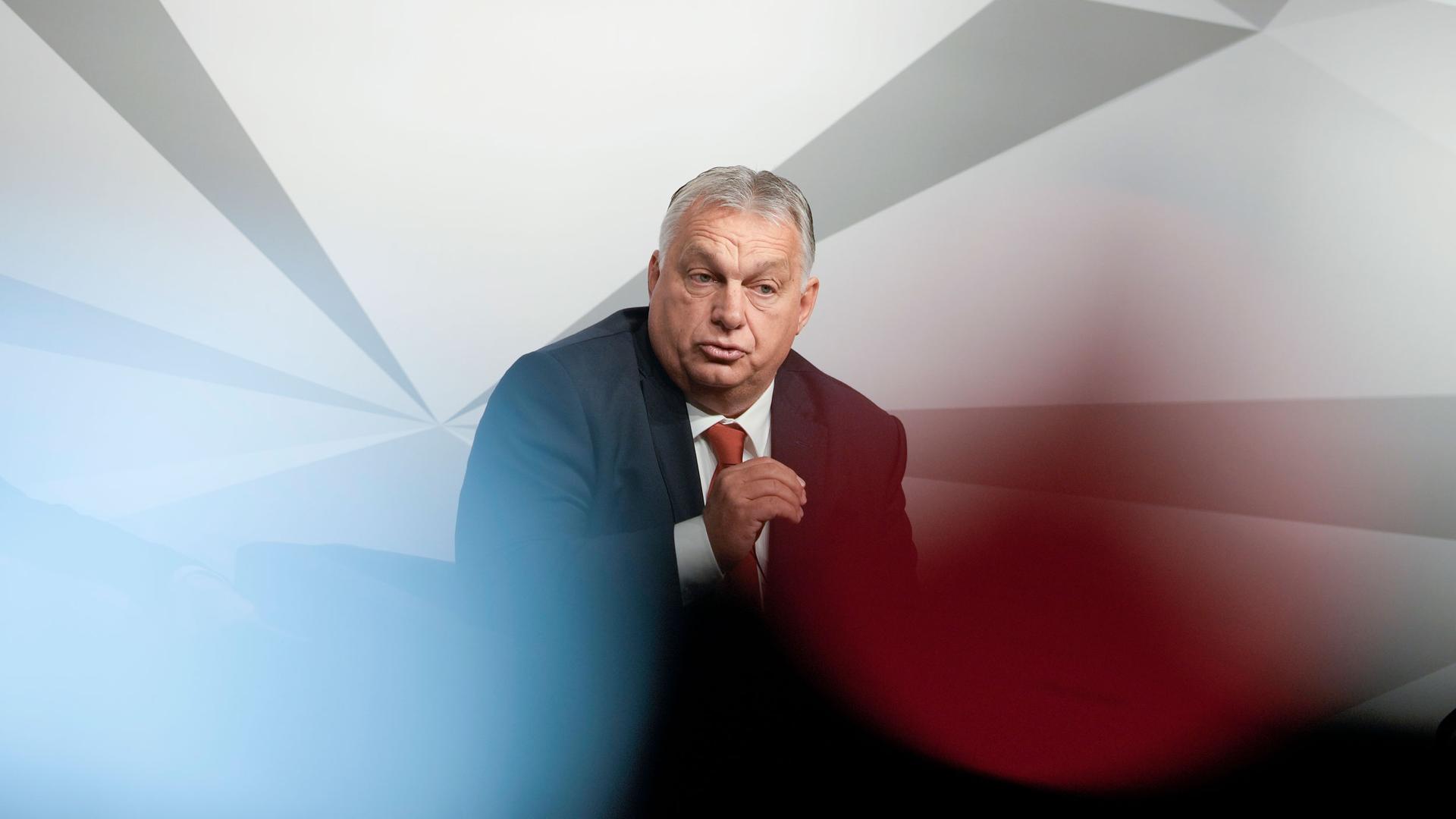Orbán portrays himself as a ‘defender of Christianity.’ Critics aren’t so sure.
Journalist Balázs Gulyás describes himself as a devout Catholic who goes to mass every week. But he acknowledged that he is in the minority in Hungary.
Gulyás said for many Hungarians, their religion is more about having a cultural identity.
Eighty percent of the country identifies as Christian but only about 15% of Hungarians say they attend church on a weekly basis.
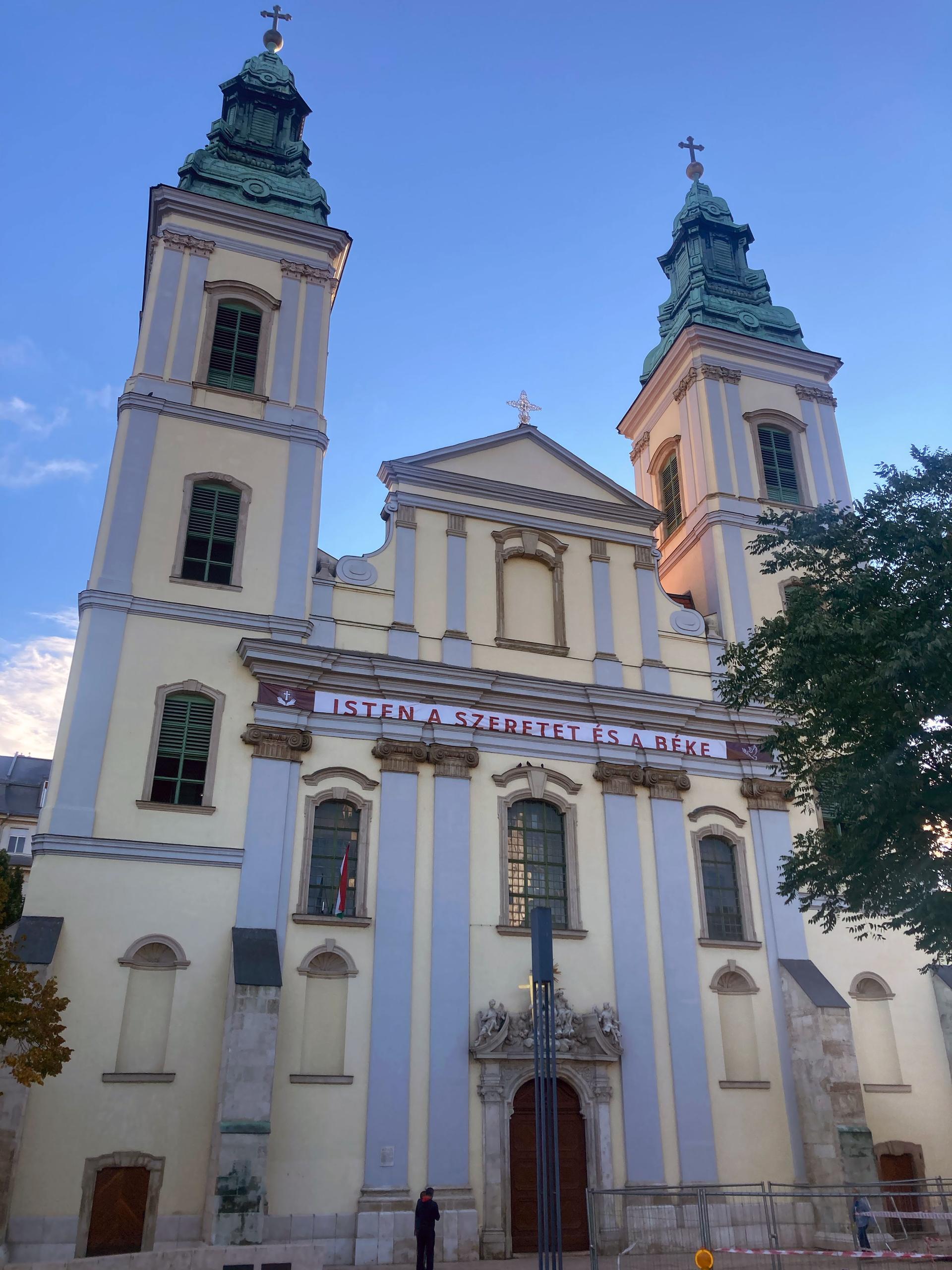
Yet, Hungary’s prime minister, Viktor Orbán, portrays himself as a defender of Christianity not only in Hungary but in Europe. And while he has a loyal fan base among religious leaders in the country, critics question the sincerity of his faith and wonder if his pro-Christian rhetoric is simply about staying in power.
In April, Orbán, won his fourth consecutive term in office with an overall majority.
“Here in Budapest tonight, the whole world has seen the victory of Christian Democratic politics,” he said later that day.
Orbán has also become a favorite among religious conservatives in the US.
In August, he received a standing ovation at the CPAC conference in Texas after reading a paragraph from the Hungarian constitution, declaring marriage to be only between one man and one woman.
Hungary’s government is a significant financial supporter of the country’s religious institutions, in particular its Christian churches.
Alex Faludy, a former Anglican priest who is an expert on Hungary’s churches, said the state spent more money on the church during the pandemic than Hungary’s struggling health care system.
Financial donations keep religious leaders onside, he said.
“It’s very difficult to speak prophetic words of protest when you’ve got coins in your mouth,” Faludy added.
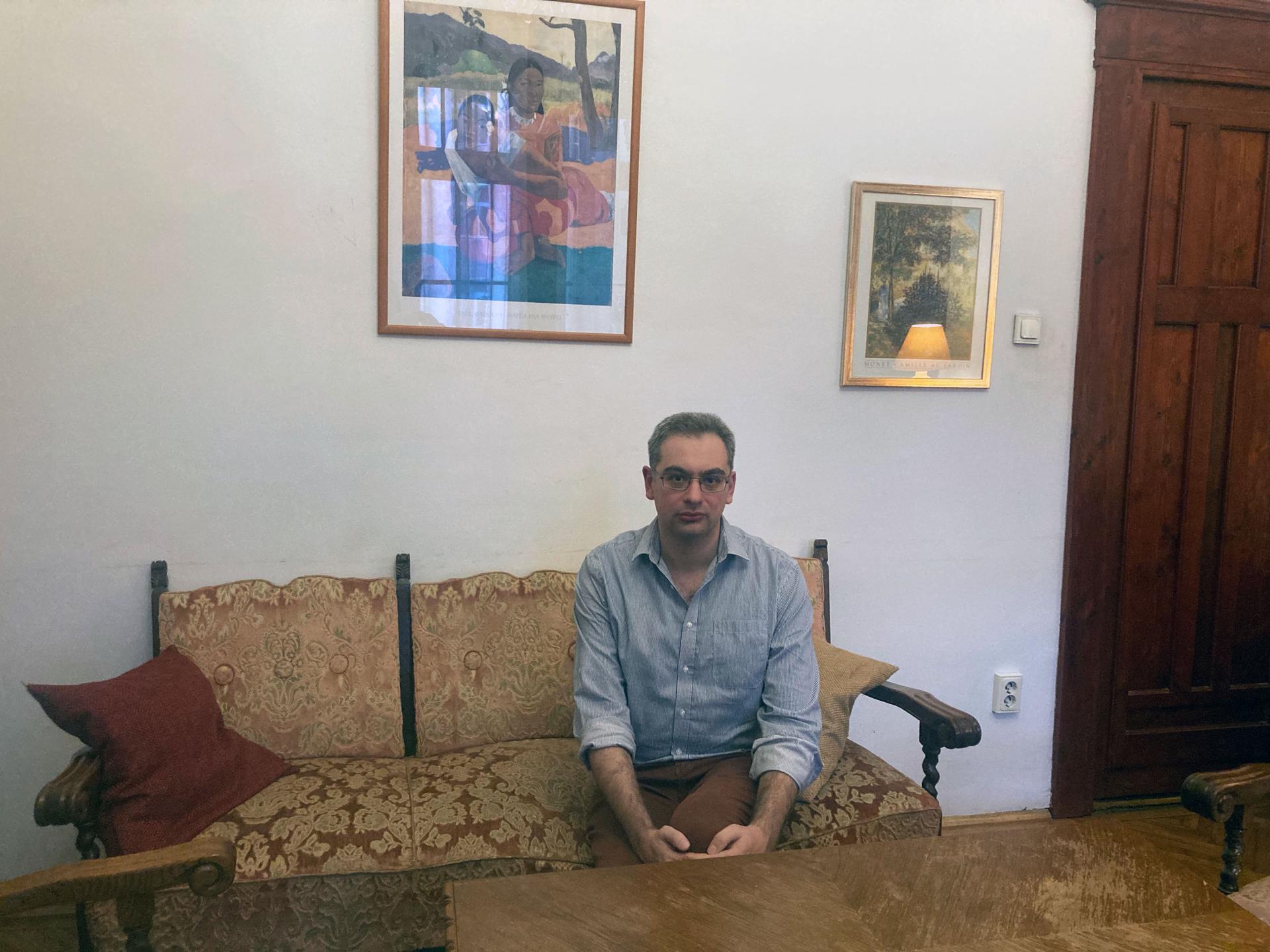
Orbán wasn’t always such a fervent defender of Christianity. He began his political life in the 1980s as an anti-communist with little time for religion. Orbán, who’s a Calvinist, appears to have become more dedicated to his faith in the late 1990s, remarrying his wife in a religious ceremony.
But Faludy said that it was around 2002, when Orbán lost a surprise election removing him from power, that he seemed to turn to God.
Orbán is believed to have taken the defeat particularly badly.
“There is a school of thought, which I find plausible, that Zoltán Balog, a Calvinist pastor who is now the presiding bishop of the Hungarian Reformed Church, played a significant role in Orbán’s process of recovery of self-confidence, telling him, ‘Viktor, you know, you mustn’t give up because God has this purpose for you,’” Faludy said.
After Orbán returned to power in 2010, he quickly began making amendments to the Hungarian constitution. He altered the document’s preamble to include several references to God, Christianity and traditional family values.
In 2020, the constitution was rewritten to change the definition of the family, which it now declares is “based on marriage and the parent-child relation. The mother is a woman, the father a man.”
Faludy said that for ethnic Hungarians living in neighboring countries, Christianity is often the glue to their Hungarian cultural identity, and Orbán has capitalized on that.
“Those, of course, are all communities that Orbán has given the vote to, so it’s quite a useful voter mobilization tool,” Faludy said.
Support from Catholic leaders for Orbán
Every year, on Orbán’s May birthday, Budapest’s Inner City Church holds a mass in his honor.
Father Zoltán Osztie said he does so at the request of his congregation. But the parish priest also supports Orbán.
He is a “brilliant and inspired person,” he said, adding, “His political vision has clearly borne fruit over the last decade.”
Osztie isn’t the only Catholic leader in the country who supports Orbán.
László Kiss-Rigó, the bishop of Szeged, said it was Orbán — and not the pope — who got it right when responding to the migrant crisis in 2015.
Europe is being inundated, he said, by people who are posing as refugees, but who actually present a grave threat to the continent’s “Christian, universal values,” reiterating a similar claim by the prime minister.
Osztie said church leaders in Hungary are free to criticize the Fidesz government and the prime minister without consequence.
But that has not been the experience of all religious leaders.
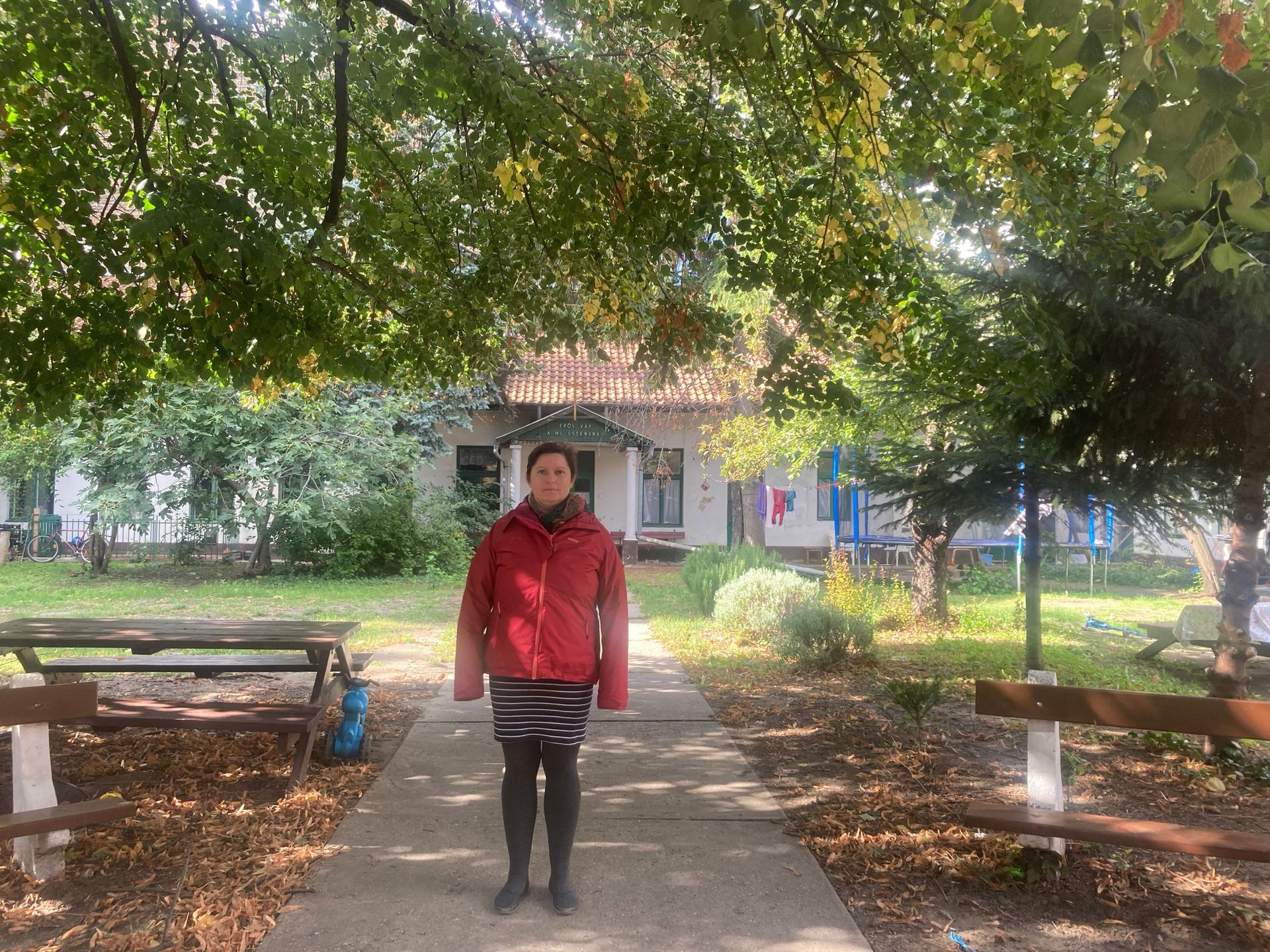
Márta Bolba is a Lutheran pastor who runs Mandák House in Budapest’s eighth district, an area that is home to some of the most disadvantaged communities in the capital.
The church-led community center provides support and accommodation to migrants, refugees and Roma people.
Bolba said that when her center opened up to refugees from Syria and Afghanistan in 2015, she was accused of being a traitor to her country.
Now that her center is primarily assisting Ukrainian refugees, Bolba said she is considered a hero.
Bolba has been outspoken in her criticism of Orbán’s regime and said that she is in no doubt that her church has suffered financially because of it — support from the state has dwindled to almost nothing. The Lutheran pastor also said that she faces regular attacks on social media and in the far-right press.
“There has been hate speech against me. There were threats. There were articles written about me that I was handing out drugs to kids. It happens continuously.”
Bolba said she has become accustomed to the verbal abuse and rarely lets it bother her but when she hears Orbán talk about the importance of Christian values, she becomes incensed: “I feel really angry. I feel that my Christian faith is being attacked, misrepresented and misused.”
Bolba said she believes Orbán’s pro-Christian message is all just political opportunism.
“And clearly, it’s working for him,” she said.
Targeted for criticizing the regime
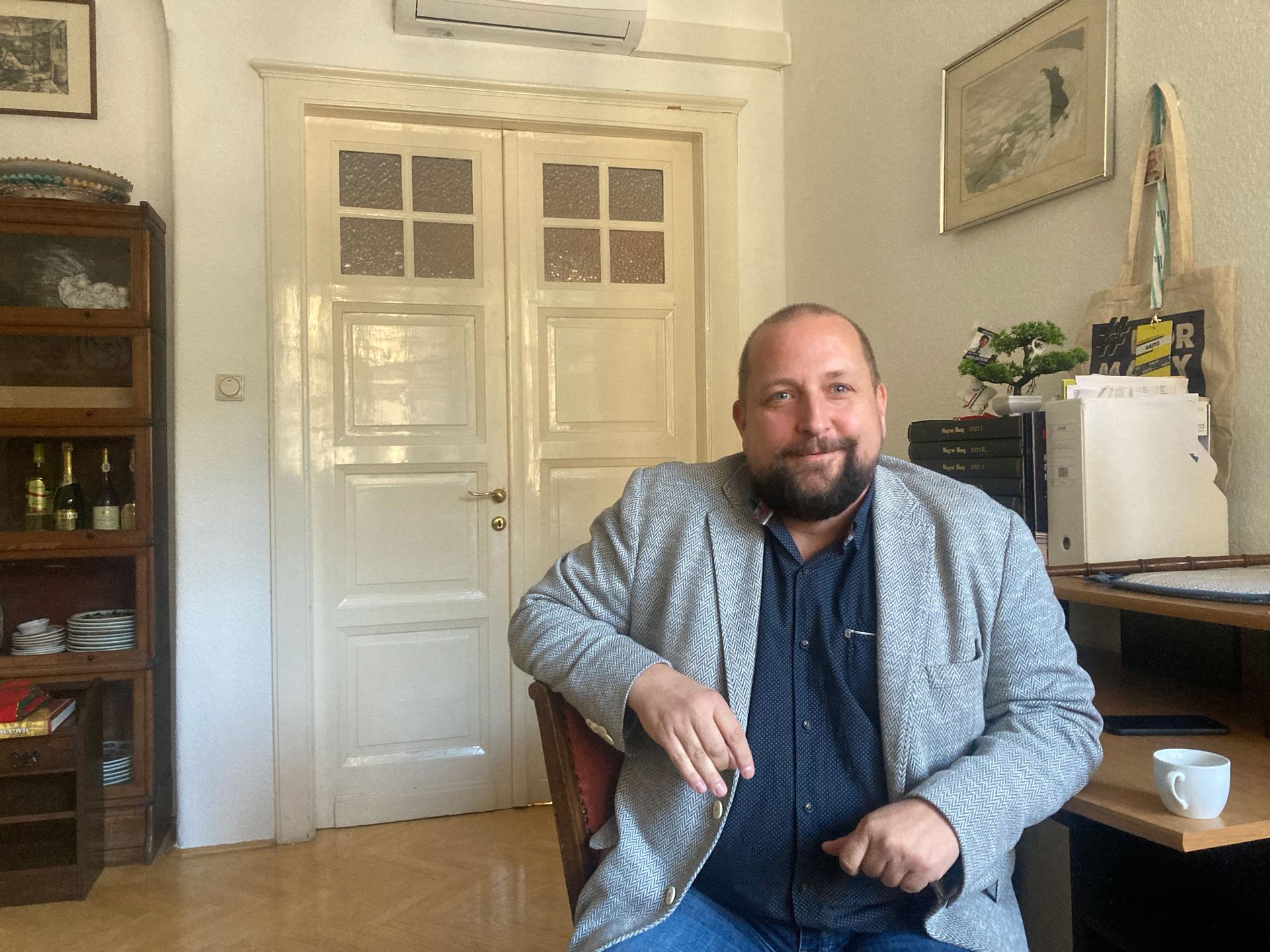
Balázs Gulyás, columnist with the conservative weekly newspaper Magyar Hang, is not convinced by Orbán’s dedication to his faith.
“He was a member of the communist youth during the communist era. Then, he became a liberal politician, then, he turned to the right and now he is far-right.” It’s all about power and money,” Gulyás said.
Gulyás said he has also been targeted for writing critical features about the Fidesz regime.
After a recent article about one of Orbán’s oligarch friends, Gulyás said the police turned up at his door: “They asked me why I had written the article but then later dropped the investigation.”
Another Sunday morning while he was at mass, he said, his car was vandalized outside the church.
Gulyás said most of the abuse happens on social media but he doesn’t feel his life is in danger.
“I feel like they are constantly pushing you under the water but just before you drown, they let you let you up.”
Gulyás said that he believes that the church and state are far too close in Hungary, a suggestion which government spokesperson Zoltán Kovács dismissed.
“In Hungary, church and state are strictly separated,” he said. “The churches are, as a matter of fact, explicitly forbidden to take part in political life by the Hungarian constitution.”
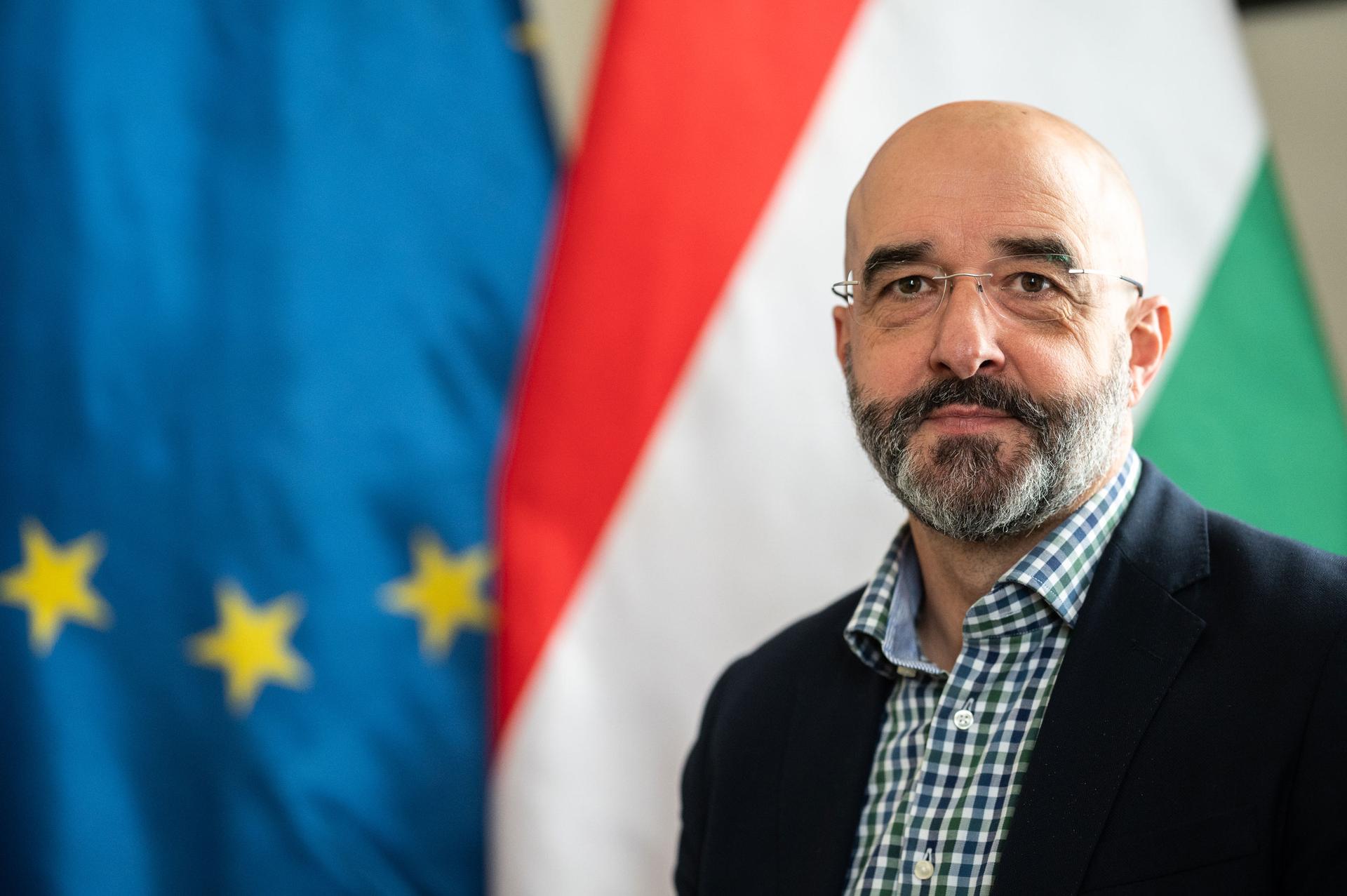
Kovács said he finds nothing unchristian in the government’s attitude to migrants and refugees.
In 2015, the state built a razor wire fence along its borders with Serbia and Croatia to prevent migrants entering the country. Kovács said the government’s approach was correct because “most of the migrants were not genuine refugees.”
“Nobody, including the pope, has suggested that you can’t differentiate between those who come with good intentions and follow the rules and those who come in a violent manner and are not going to follow the rules,” the government spokesman said.
Kovács pointed instead to Hungary’s response to Ukrainian refugees fleeing the war.
“The war in Ukraine is a clear illustration of how we follow the rules, how we follow the imperatives of the Christian faith,” he said.
Kovács said Hungary has taken in more than a million Ukrainian refugees over the past eight months, and that the government has “provided everything” for them.
The Hungarian Helsinki Committee, a human rights nongovernmental organization, said the majority of Ukrainians appear to have transited through Hungary and have not applied for, or received, temporary protection status.
“Most accommodation centers are run by local municipalities in difficult financial situations,” the group said.
The “Hungarian care system is not at all prepared for an expected increase in Ukrainian refugees” arriving in the winter months.
Additional reporting by Orsolya Polyacskó.
